LLM OS

What is LLM OS?
LLM OS is a groundbreaking concept where a large language model (LLM) serves as the central orchestrator of an operating system. Unlike traditional operating systems that rely on predefined commands and functions, LLM OS empowers users with the flexibility and adaptability of an LLM. This innovative approach moves us from rigid, structured systems to fluid, AI-driven environments.
Benefits
Natural Language Interface
LLM OS allows users to interact with their computers using natural language. Instead of memorizing specific commands or navigating complex menus, users can simply speak or type instructions in everyday language. The LLM interprets these instructions to carry out tasks, manage applications, and automate workflows.
AI-Driven Task Execution
The LLM not only understands what you ask it to do but also decides the best way to execute those tasks. This involves understanding context, managing resources, and handling multiple applications to achieve the desired outcome.
Adaptability and Flexibility
Unlike traditional systems that require manual customization and have limited adaptability, LLM OS can learn from your interactions and adjust its behavior to better suit your preferences and workflows. Over time, it becomes more aligned with your needs, offering suggestions and automating repetitive tasks without explicit instructions.
How LLM OS Works
At the core of LLM OS is a large language model that has access to a wide range of tools and capabilities, including:
- Calculator: Perform numerical calculations
- Python Interpreter: Execute Python code
- Browsing Capability: Access the internet
- File System Access: Read, write, and modify files
- Other Large Language Models: Interact with and utilize other LLMs
Input and output in LLM OS can be received as either video or audio, allowing for natural and intuitive interaction with the system.
Use Cases
Information Retrieval
LLM OS can search and retrieve information from various sources, making it easier to find the data you need quickly and efficiently.
Data Analysis
LLM OS can analyze data and generate insights, helping users make informed decisions based on the information at hand.
Investment Research
LLM OS can research stocks and make investment decisions, providing valuable assistance to investors and financial analysts.
Education
LLM OS can answer questions on various subjects and provide educational content, making it a valuable tool for students and educators.
Building an LLM OS with Phi-Data
To build your own LLM OS, you can use Phi-Data, a powerful Python library for large language models. This involves creating various components, including tools, multi-agents, an LLM OS agent, and a knowledge base and memory.
Creating a User Interface with Streamlit
To make your LLM OS more user-friendly, you can create a custom user interface using Streamlit, a Python library for building web applications. This interface will allow you to easily interact with the LLM OS, upload documents, and ask questions.
Examples of LLM OS Applications
The applications of LLM OS are endless. Here are a few examples:
- Information Retrieval: Search and retrieve information from various sources
- Data Analysis: Analyze data and generate insights
- Investment Research: Research stocks and make investment decisions
- Education: Answer questions on various subjects and provide educational content
Challenges and Limitations of LLM OS Adoption
Reliability and Safety
Ensuring that LLM OS outputs are reliable and safe is a major challenge. LLMs can sometimes generate incorrect or misleading information, which can cause serious problems if misinterpreted.
Performance and Efficiency
The performance of LLMs is a critical concern, especially when it comes to responding in real time. These models require significant computational power, which can lead to delays and high energy consumption.
Privacy and Security
Privacy and security are crucial in any operating system, and LLM OS faces specific challenges in these areas. These systems often need access to large amounts of personal and sensitive data, which must be protected from unauthorized access.
Ethical and Legal Considerations
The deployment of LLM OS also raises ethical and legal issues, particularly concerning bias and intellectual property. LLMs can unintentionally propagate biases present in their training data, leading to outputs that are discriminatory or unfair.
The Future of LLM Operating Systems
The future of LLM OSs is set to redefine how we interact with technology. As these systems evolve, we can anticipate:
- Expansion of LLM capabilities to handle increasingly complex tasks
- Development of specialized and smaller models for tailored solutions
- Significant productivity gains in business environments
Conclusion
The development of LLM OSs represents a significant evolution in how we interact with technology, marking a shift towards more intuitive, efficient, and adaptive systems. These operating systems use the capabilities of LLMs to offer users a more natural and responsive computing experience, transforming both personal and professional workflows.

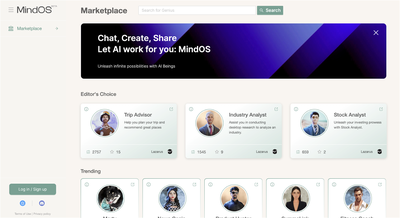

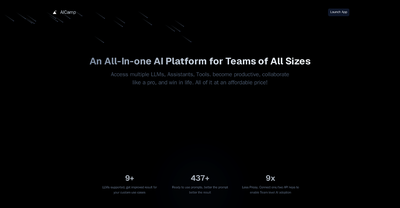
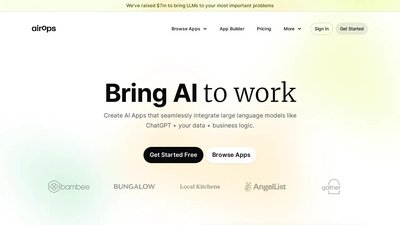
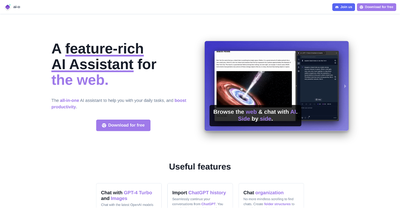
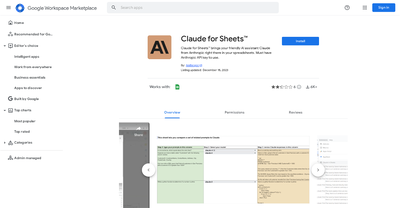
Comments
Please log in to post a comment.